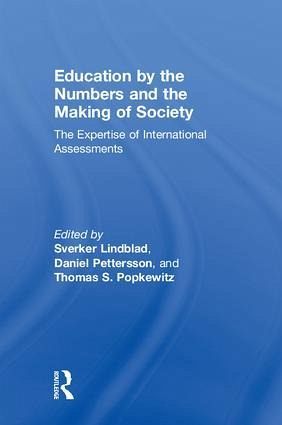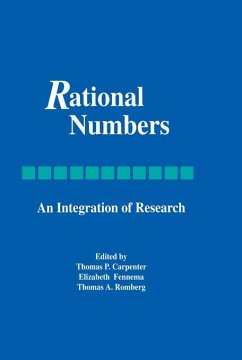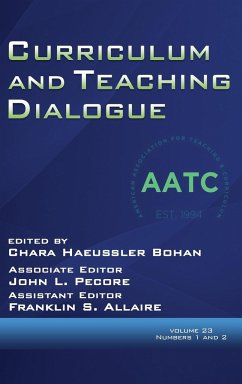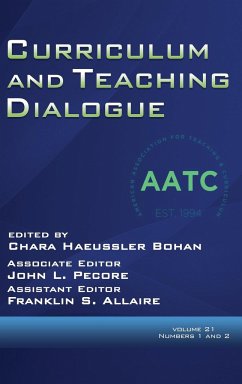
Education by the Numbers and the Making of Society
The Expertise of International Assessments
Herausgeber: Lindblad, Sverker; Popkewitz, Thomas S.; Pettersson, Daniel
Versandkostenfrei!
Versandfertig in 1-2 Wochen
167,99 €
inkl. MwSt.
Weitere Ausgaben:

PAYBACK Punkte
84 °P sammeln!
Demonstrating how numbers serve as 'rationales' to shape and fashion social issues, this text opens new avenues for thinking about institutional and epistemological factors that produce and shape educational policy, research, and schooling in transnational contexts.













